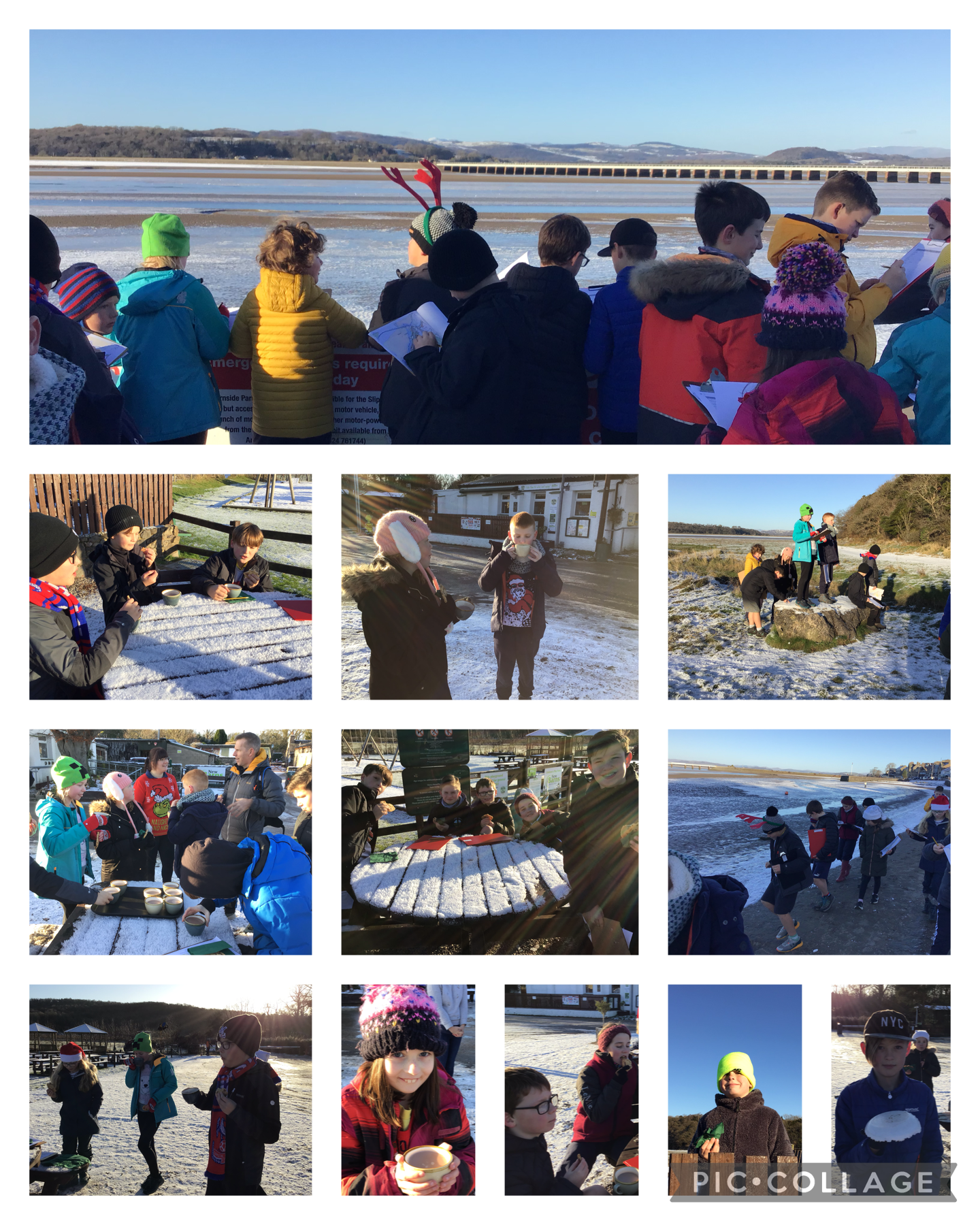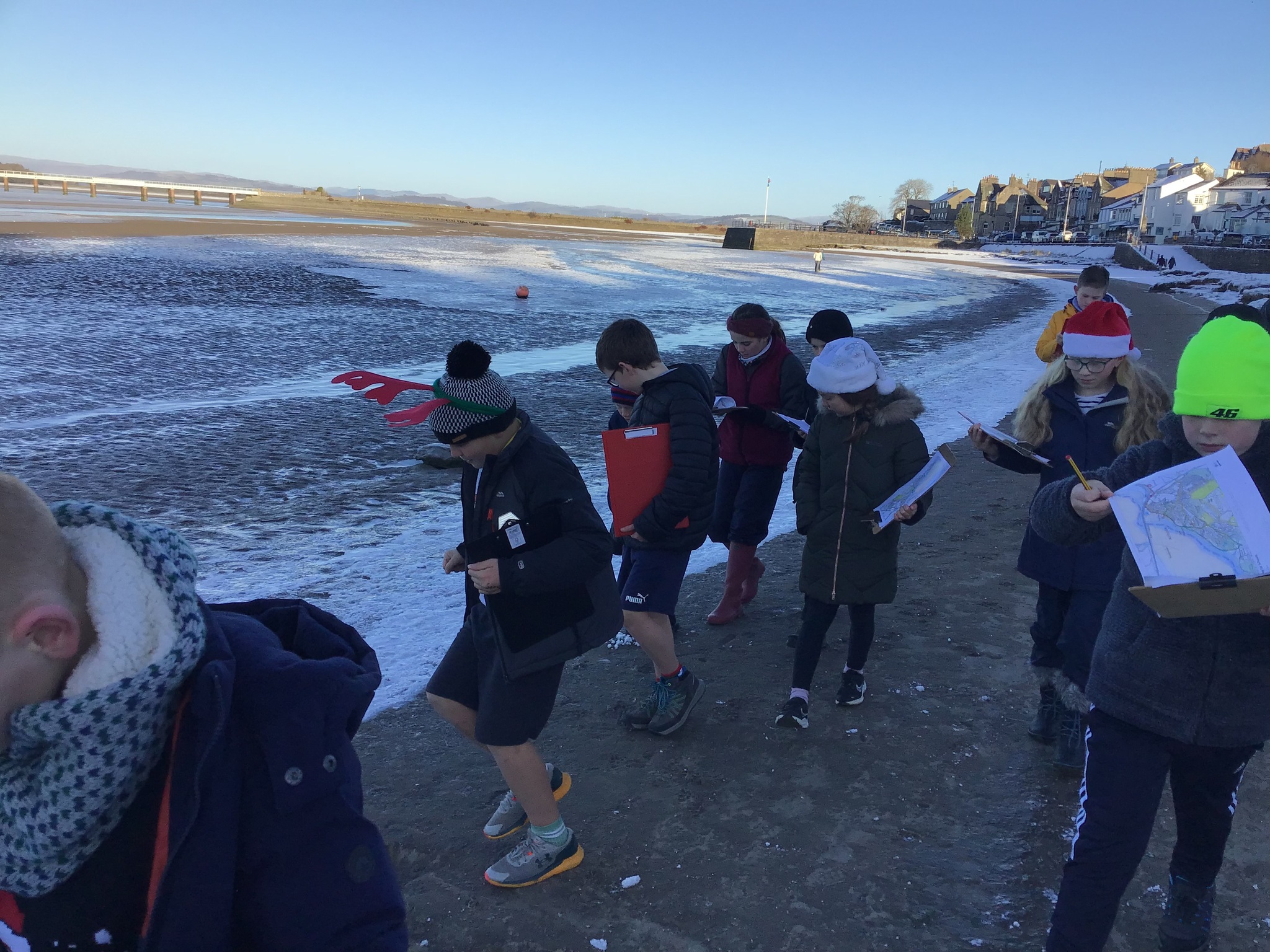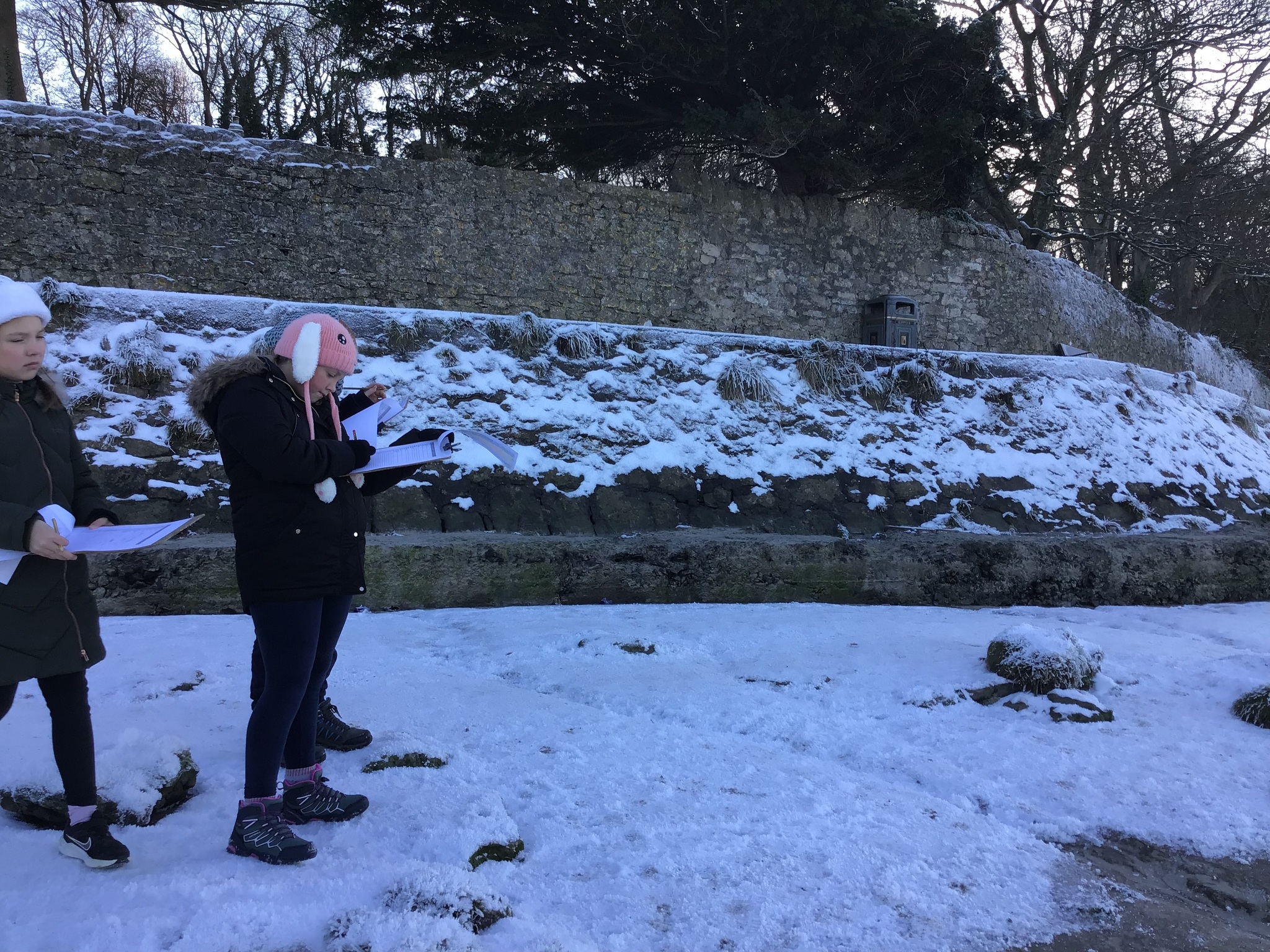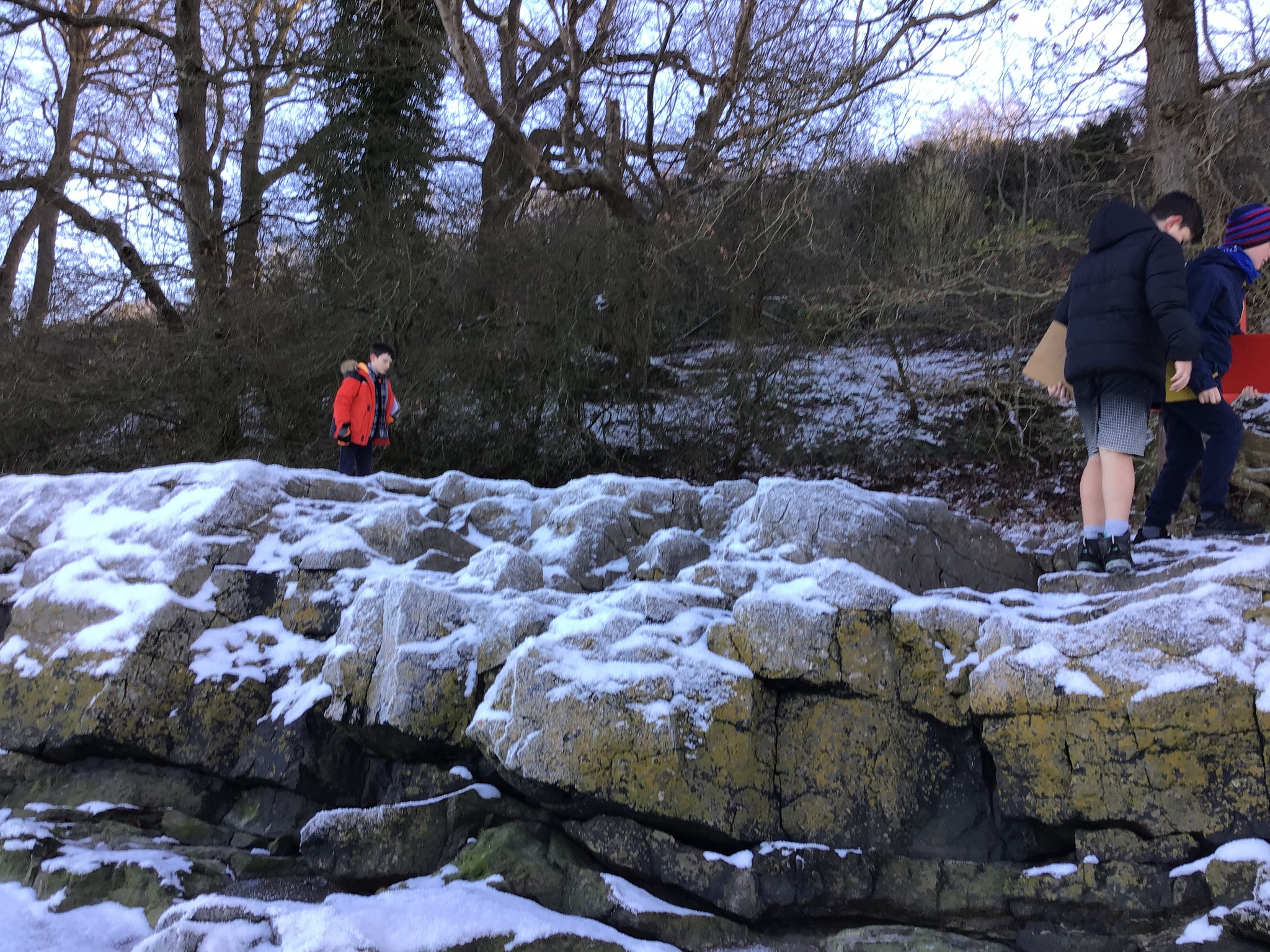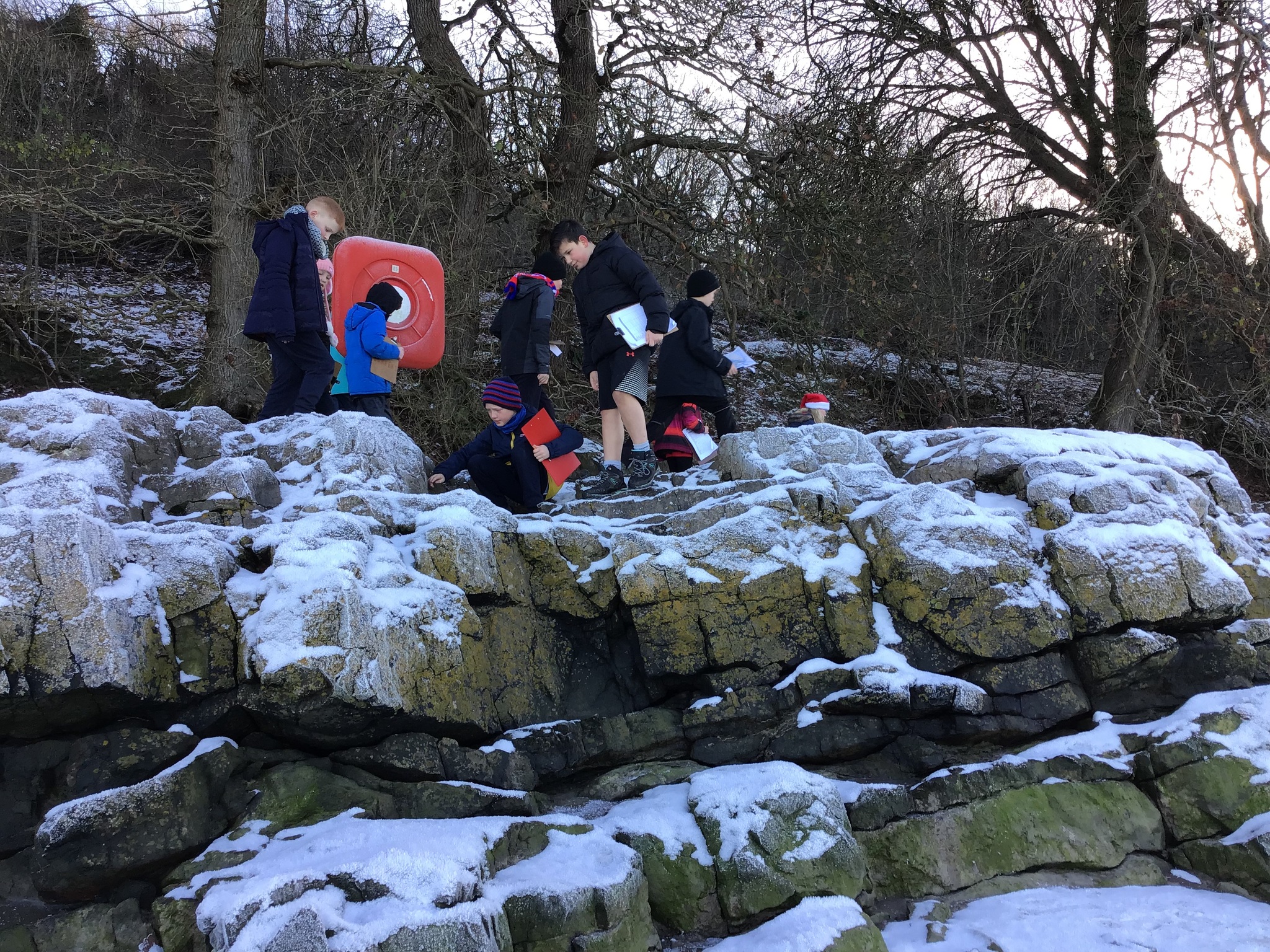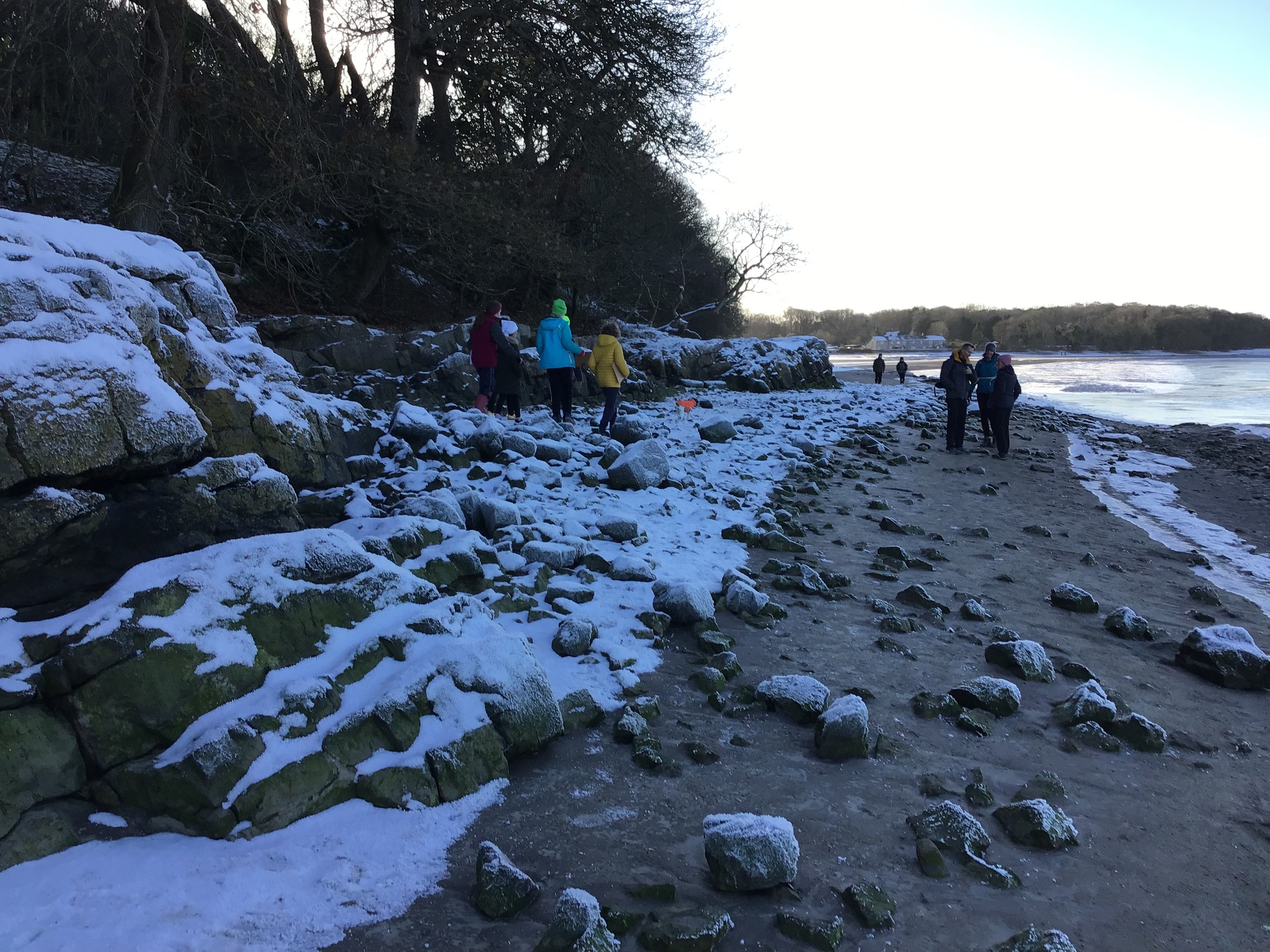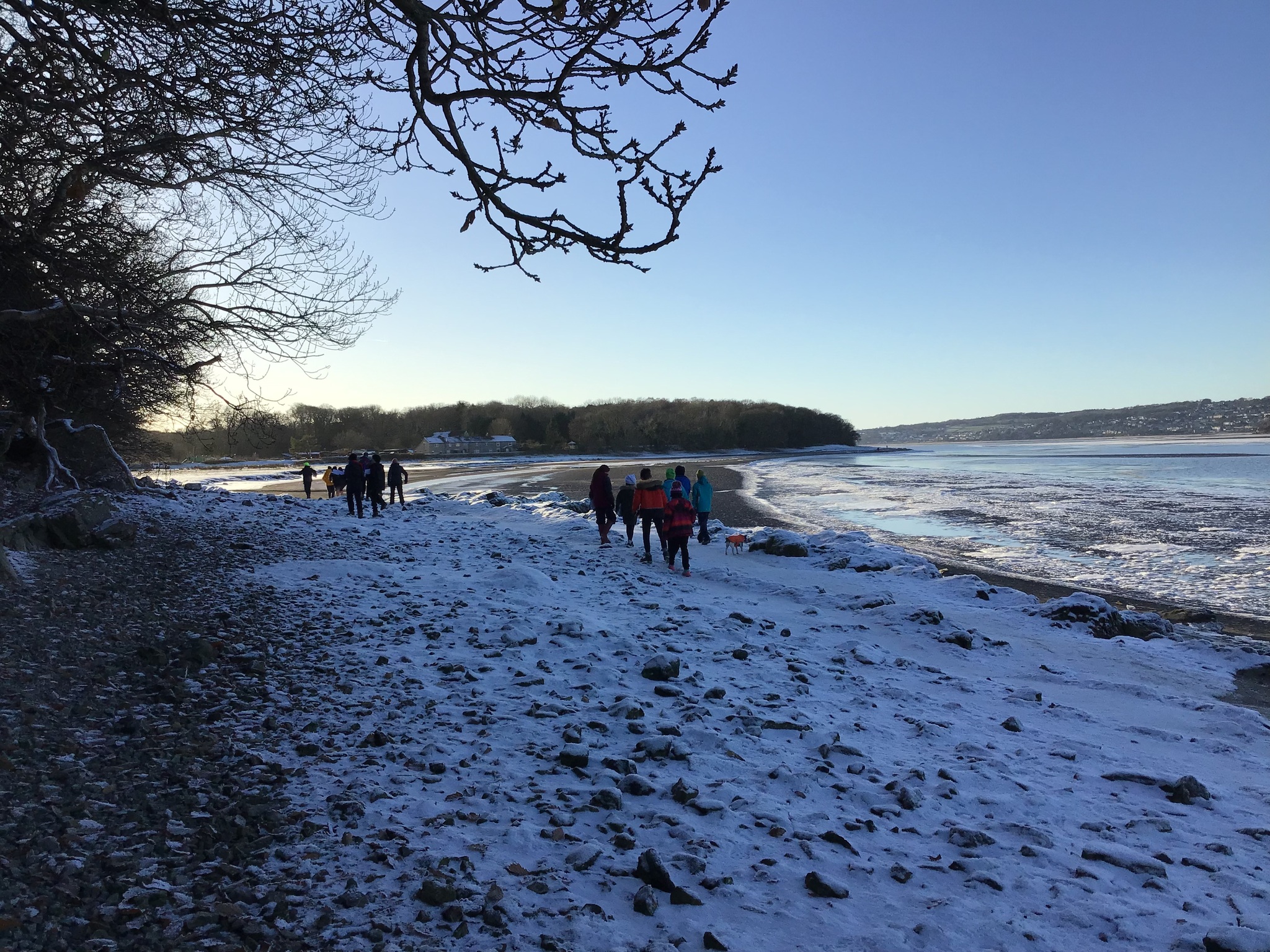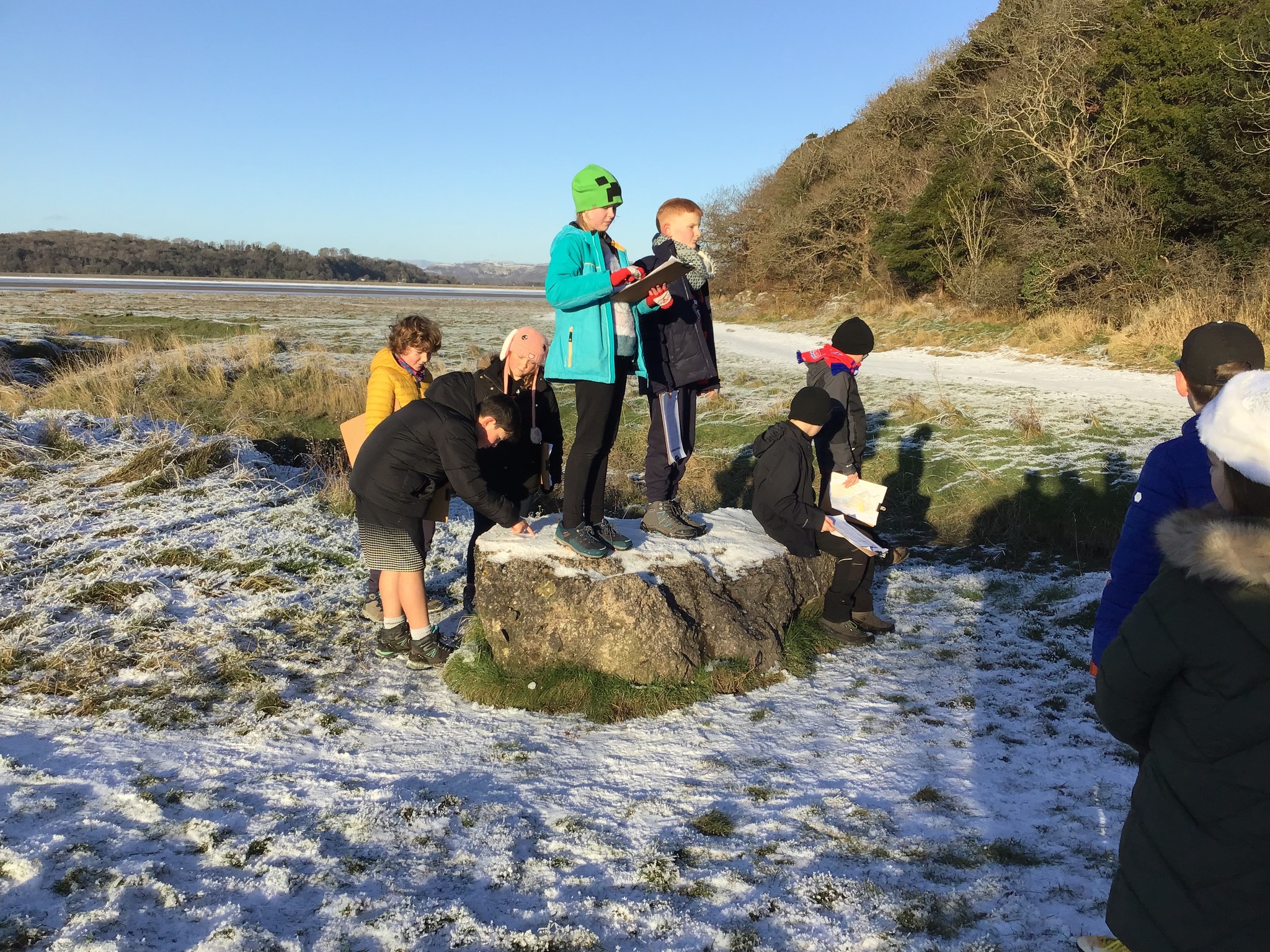Intent
Arnside National Church of England School is a lively and caring community where all are supported, nurtured and encouraged. Our vision is rooted and grounded in love, God’s greatest gift, which helps and guides everyone at our school to aspire, believe and achieve. ‘Let all that you do be done in love’ (1 Corinthians 16.14)
Our mission is to enable children to Believe, Aspire and Achieve; Geography is fundamental in reaching this goal. We believe that Geography enables the children to make sense of the world.
At a time where change is at the forefront of our lives, it is essential to have an awareness of how geographical knowledge, skills and understanding can all be used to develop an understanding of our locality and our place in the world. We are clear about the skills, understanding and knowledge we want pupils to develop; we recognise that geography can underpin and enhance other subjects, such as history, maths, science and English.
We believe that knowledge can help to eradicate prejudice; to understand people is to learn to love and respect them. Our Christian vision puts love at the centre of all we do. Through geography, we can learn to embrace diversity, to love our environment, our local and global communities and our planet.
‘Geography education should inspire in pupils a curiosity and fascination about the world and its people that will remain with them for the rest of their lives’ (DfE, 2013).
Implementation
• Fieldtrips and residentials in the locality and in contrasting localities allow children to get a first-hand experience in observing the world through a geographer’s eyes. Local Fieldtrips: Ashmeadow, Eddie’s Land, The Knott, Leighton Moss, Leighton Hall (Forest Schools), the RIver Kent
• Children visit the coast guard station to learn how to stay safe.
• Children learn how to enjoy their locality safely (railways, river safety, Coast-guards) and to treat it with respect: The Countryside Code.
• Residentials to study and appreciate the wider locality: Coniston, Langdale, Ingleton
• Residentials to urban areas to contrast with our locality and allow the study of cities: London
• Children learn practical skills that will enable them to explore and understand their locality safely: map-reading, compass work, contours, using grid references.
• Children learn to debate with confidence and skill and therefore to empathise with others.
• We have an enquiry-based approach to learning, building the children’s ability to question in a structured and progressive way.
• Working to study Senegal in more depth allows us to develop an understanding of an Islamic, French speaking, LEDC nation. Children learn about the lives of the children in our twin school, which develops empathy through relationships.
• Children learn about global responsibility: Fairtrade, the environment, poverty, Global Warming and climate change. • Children learn to debate and discuss land-use, understanding the conflicting opinions and views of different people.
• Children learn about the physical geography of the locality: coasts, rivers, weather and mountains.
• Children learn about natural phenomena: volcanoes, earthquakes, tsunami, extreme weather.
• Children learn about global physical geography which are impacted by the environment: the Rainforest.
• Children learn to make sketch maps of the locality or routes.
• Having a twin school in Senegal allows us to have a whole-school annual project, developing a deeper knowledge and understanding of life in an African country.
• Taking part in the local litter-pick allows us to take responsibility for our locality.
Impact
• Children enjoy geography and learning about the world.
• Children can speak about how to stay safe in the outdoors and treat the world with respect.
• Children are able to carry out investigations using a range of geographical questions, skills and sources of information including a variety of maps, graphs and images.
• Children can express and explain their opinions and recognise why others may have different points of view.
• Children understand what a number of places are like, how and why they are similar and different, and how and why they are changing.
• Children know about some spatial patterns in physical and human geography, the conditions that influence those patterns, and the processes that lead to change.
• Children show some understanding of the links between places, people and environments.
• Children learn that the choices they make can influence the lives of others globally.
• Children can describe the impact of poverty and climate change on others.
• Children have locational knowledge about individual places and environments, especially in the local area, but also in the UK and wider world, and some globally significant physical and human features.
• Children have a detailed and extensive framework of knowledge of the world, including globally significant physical and human features and places in the news.
• Children can describe the physical and human geography of Sub-Saharan Africa.
• Children understand that their actions have a wider impact on the community and the global situation.
Curriculum Coverage
Geography
